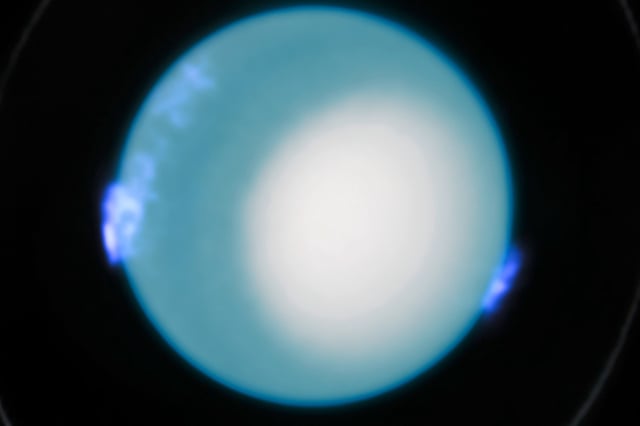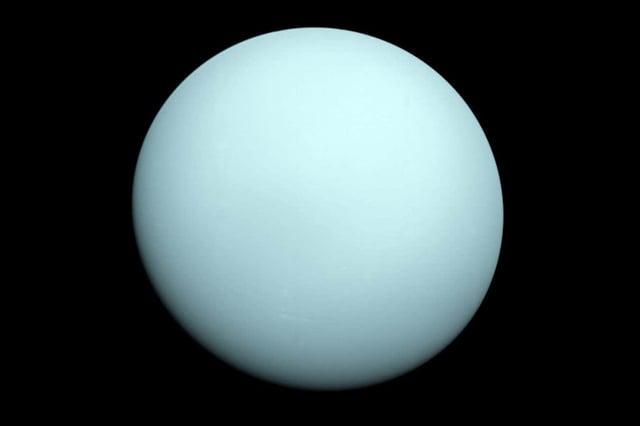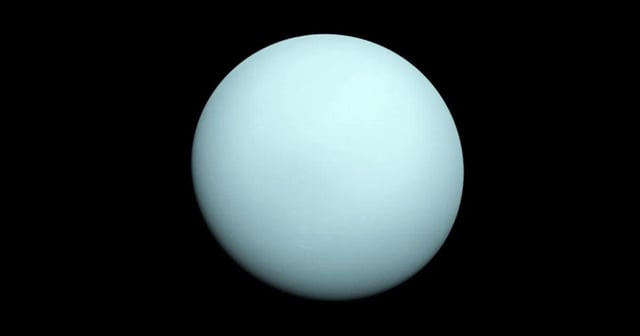Overview
- Astronomers have determined that a day on Uranus lasts 17 hours, 14 minutes, and 52 seconds—28 seconds longer than Voyager 2's 1986 estimate.
- The new measurement, led by Laurent Lamy and published in *Nature Astronomy*, is 1,000 times more precise, reducing the margin of error to a fraction of a second.
- The refined rotation period was calculated using ultraviolet aurora data collected by the Hubble Space Telescope between 2011 and 2022.
- This breakthrough resolves inaccuracies in previous coordinate systems, enabling long-term tracking of Uranus' magnetic poles and comparisons across nearly 40 years of data.
- The updated rotation period provides critical data for planning future missions to Uranus, which has been identified as a priority for exploration by NASA.



